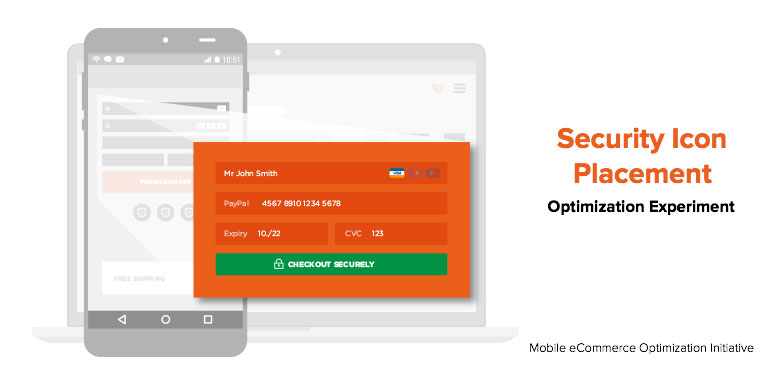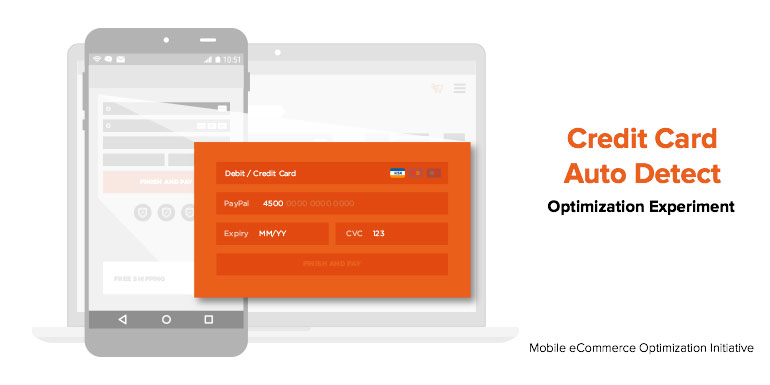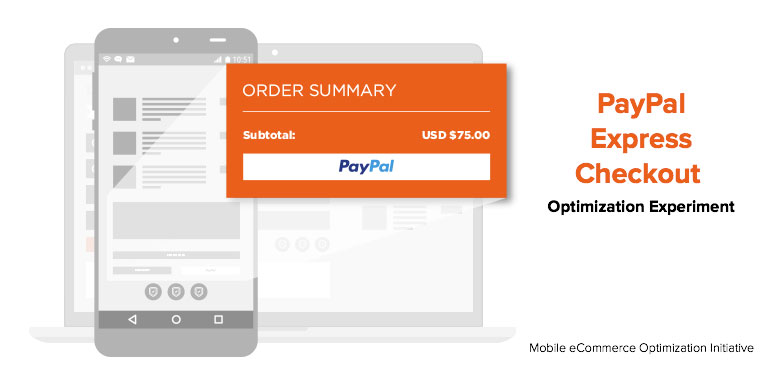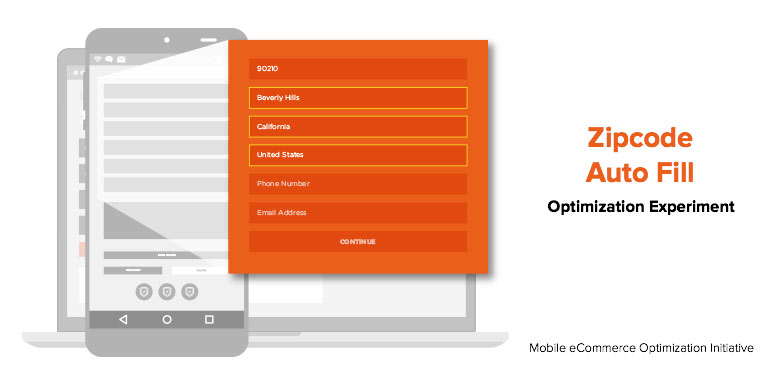Mobile Is Hot, But Conversion Is Not
We don’t have to tell you that mobile is hot right now. But the dirty secret is that conversion is not. While mobile traffic continues to climb, mobile revenue continues to lag far behind all other devices.
In fact, some 86 percent of mobile shoppers abandon their shopping carts during the checkout process.
The mobile eCommerce challenge is enormous — so big that we know it will require a collaborative effort to overcome. This is why we’re excited to be one of the sponsors of the Mobile eCommerce Optimization Initiative.
About the Initiative
Founded earlier this year, the Mobile eCommerce Optimization Initiative is a joint effort between Magento, PayPal, HiConversion, and a group of Magento Systems Integrators.
The initiative was started with a singular goal in mind: to create experiments to identify why the mobile conversion gap exists and then develop strategies to close that gap.
Together with Magento System Integration Partners and more than sixty of their merchants, we’ve been busy testing different optimization experiments. To date, these tests have produced some fascinating insights.
How the Initiative Works
The optimization experiments for this initiative are implemented on merchant sites through an adaptive experience optimization software called HiConversion. Without much effort on the part of the merchant, HiConversion implements subtle changes, or experiments, to a merchant’s site to improve their users' shopping experience.
HiConversion detects user activity and behavior and deploys optimization experiments based on machine learning. The result is a hyper-optimized mobile eCommerce experience based on feedback from customer behavior.
Participants of the initiative can select from nine experiment templates to implement on their sites, though most participating merchants have initially elected to implement three to five experiments.
Findings… So Far
So far, we’ve gathered preliminary merchant data on four of the experiment templates:
-
Security icon placement
-
Credit card autodetect
-
PayPal express checkout
-
Zip code autofill
You’ll find a summary of the findings for each of these below. For detailed results, head over to the Mobile eCommerce Optimization Initiative site.
Like any test, not all the experiments produced positive results. However, any negative results that surfaced have proven valuable in helping merchants readjust their efforts. As a result of these readjustments, many merchants have shifted their results from negative to positive.
Ultimately, every merchant is different. They serve different customers and have different, customized checkouts. As such, what works for one merchant will not be 100 percent replicable on another merchant’s site. Merchants must keep this in mind and approach their mCommerce challenges in a similar spirit of experimentation.
Experiments:
Security Icon Placement
Security is a pressing concern for mobile shoppers — this includes sharing their personal and credit card information online.
The purpose of the Security Icon experiment is to determine how the presence of a Security Icon at checkout will impact mobile conversions.
Applying the Security Icon has had a dramatic impact on mobile-based revenue per visitor, or RPV, so far — presenting an average lift of over 17 percent.

Credit Card Auto Detect
Any form of friction (like added form fields or checkboxes) during the online shopping experience can lead to shopping cart abandonment.
The Credit Card Auto Detect experiment aims to reduce this friction by auto-selecting a customer’s credit card type (Visa vs. Mastercard etc.) based on the first few numbers of the card they enter.
While the experiment was designed to reduce the number of fields to fill at checkout, the credit-card auto detect had an RPV lift of 21.53 percent for desktop but had a -7.99 percent drop for mobile users.
As some merchants had a positive lift for mobile with this experiment, we recommend testing it yourself to determine if this will work for you.

PayPal Express Checkout
Customers are busy and want their online shopping to be fast and easy. No one wants to pull out their credit card to enter the credit card number, expiry date, and security code every time they buy online.
This experiment explores whether the addition of easy-pay options, like the PayPal and/or PayPal Credit buttons on a merchant’s checkout page will increase a shopper’s likelihood of completing their purchase.
This experiment applied the PayPal checkout button at different points in the checkout process. Adding the PayPal shortcut checkout on the Mini cart page provided the largest impact on RPV (with an 8.72 percent lift) without decreasing the average order value.
Try placing the PayPal checkout buttons more prominently on your site and experiment with different locations to see what works best for you.

Zip Code Autofill
Having to manually input shipping information adds additional friction to a customer’s mobile shopping experience.
The Zip Code Autofill experiment aims to reduce this friction by auto-filling a customer’s city, state, and country fields after their zip code is entered.
This experiment produced some surprising results — for mobile the RPV dropped by 0.88 percent, while the RPV for desktop increased by 3.42 percent.
The relatively small impact on conversion may be attributed to the fact that shipping information is one of the last steps in the checkout process, where cart abandonment rates are already low.
If your analytics show that you have high shopping cart abandonment near the end of the checkout process, this may be a good experiment to try.

Start Experimenting
Overwhelmed? Don’t be. Implementing these experiments doesn’t need to be a huge undertaking — in fact, many participating merchants begin with just a few.
We recommend experimenting with the optimizations you anticipate will have the biggest impact. And don’t worry if they don’t produce the immediate results you want. The key is to keep experimenting until you find the mix of changes that best work for you and your site.
View original content: Here
Related Magento News: